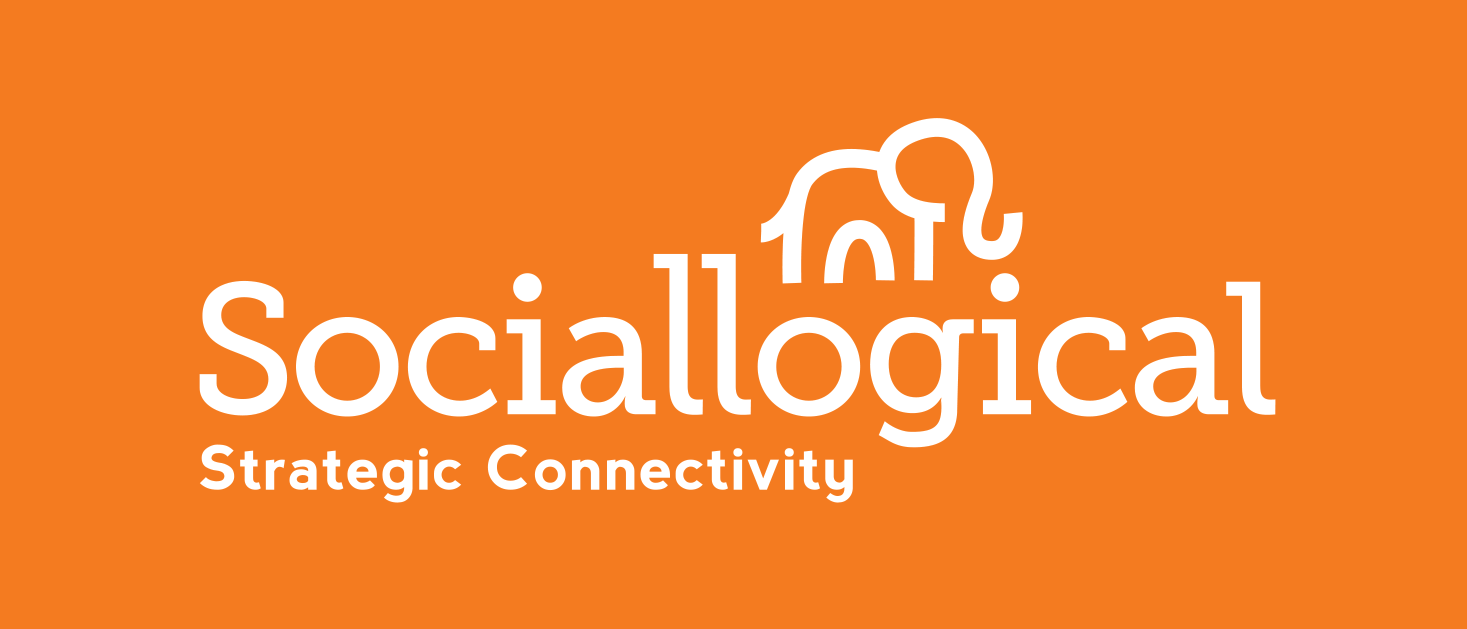 Most professionals would agree that we don’t become comfortable with social media overnight, but rather, through gradual stages of exposure and engagement. An organization evolves as it passes through the social media adoption continuum.
Most professionals would agree that we don’t become comfortable with social media overnight, but rather, through gradual stages of exposure and engagement. An organization evolves as it passes through the social media adoption continuum.
A blog entry by strategy consultant Maxime Teller illuminates this notion of social media adaptation.
I sense a real need to establish and distinguish the roles of a consultant in social business processes.
While companies gradually pass through the social media adoption phases (education, observation, broadcast, participation, relationships, collaboration). I’ve identified three central stages that are part of developing social businesses. The social business stage a company resides in defines their perception of the distinct roles consultants play.
Three Consultative Stages of Social Business
Stage 1: The Tactical False Start
At this stage, companies have recognized the value in establishing an online presence through social media channels. Through education, observation or broadcasting they’ve acknowledged the gravity of social media; it’s not just a passing trend, but here to stay.
Accepting social media comes first. Understanding its usefulness comes later. At this point, the challenge lies in our perception of social media. At a glance, it seems like a “marketing tool.” Focus is placed on logistics: setting up accounts, broadcasting messages and campaigns, with a focus on the immediate “what” and less on the underlying “why.”
We get ahead of ourselves. This can be understood through an old expression: “putting the cart in front of the horse.” We’ve jumped in the cart (implemented new tools) but we aren’t moving without a horse (strategy). We won’t experience the benefits until we develop a strategy to get us from A to B. Only through experience do we come to know social media as a means of collaborative engagement.
What this means to you
The consultant (you) often assume the role of technician (as defined by the E-Myth) and you’re paid for the execution of tactics in place of the development of strategy (which you still do). However, this tactical approach can be used as a catalyst to push an organization to the next level. Accounts are ready but knowing how to use them requires guidance and mentorship.
Stage 2: Strategic
In this stage, organizations have started to see social media through a strategic lens. They may be in the broadcast or participation phase, but with open minds. They’re exploring its potential as a two-way communication medium for things like public relations, competitive intelligence, R&D, market validation and customer service. Because they've passed the education and observation phase, they place a high value on the "why" part, understanding that a well-defined strategy will lead to business success.
What this means to you
Assuming the role of strategist, you’re not only paid for tactical execution, but for the development and implementation of strategy itself. Depending on where the client is in the adoption continuum, they may not be open to the corporate culture shift needed to see a social strategy through. This presents you with a real challenge.
Stage 3: Thought Leadership
Organizations at this stage have developed relationships and collaborate with others. These are typically companies that have already "baked" social into the enterprise. They understand that building community and having a “pay it forward” mentality will translate to positive brand experiences (Ex: Ford, HubSpot, Radian6).
What this means to you
Taking on the role of thought leader pushes you above the “noise” (those competing against you for the organization’s business). Why? Because key stakeholders turn to industry leaders first for insight, advice, and direction before making a purchasing decision.
When I consider thought leadership in the social space, these people stand out in my mind: Brian Solis (Altimeter Group), Peter Kim (Dachis Group), and Dan Zarella (HubSpot). We can draw on the insight of established innovators to grow a social business, for ourselves and our clients.
Have you found yourself at a crossroads in one of these stages? What are your sticking points in helping your clients grow? Let me know in the comments.



